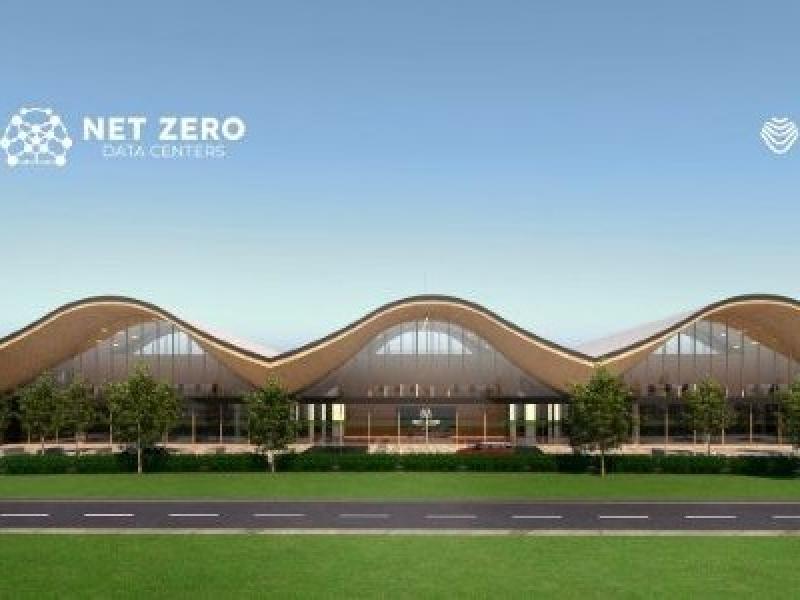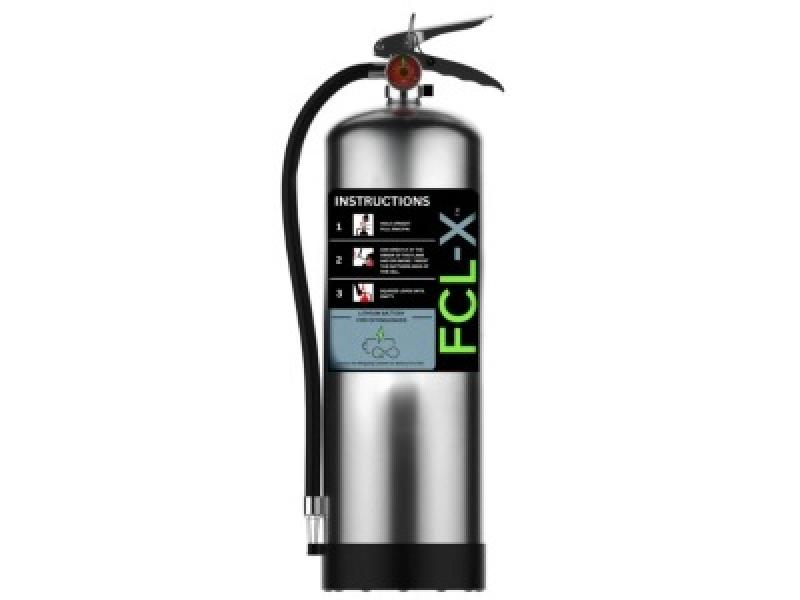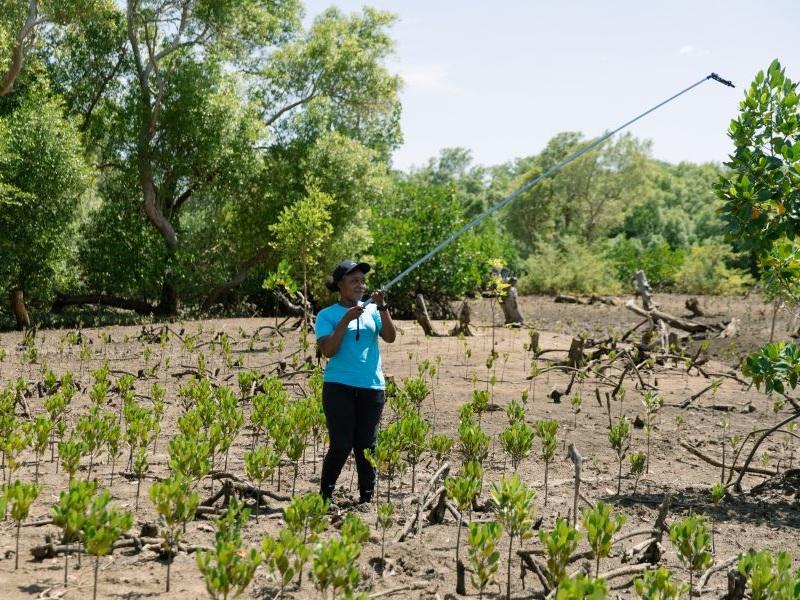
A Toyo Group anaerobic digestion facility in Yabu City, Japan, on which Anaergia and Toyo Group were partners. (Courtesy Anaergia Inc.)
Having already spent time as a world leader in the water technology sector, Anaergia Inc. chairman and CEO Andrew Benedek is establishing himself as a major global player in an entirely different field — renewable natural gas (RNG).
Benedek founded water filtration tech firm Zenon Environmental Inc. in 1980 and sold it for $656 million in 2006.
Anaergia, his current venture, is a Burlington, Ont.-based firm which produces clean energy, fertilizer and recycled water at hundreds of facilities on four continents.
He became involved in the energy sector in 2007, a year after selling Zenon to General Electric subsidiary GE Water & Process Technologies. Zenon had developed ultrafiltration technology to recycle and purify wastewater, which has continued to advance drinking water purification processes even after the company’s sale to GE.
“I was actually fortunate that I had significant personal resources. I founded another company . . . Then it (Zenon) was purchased by General Electric. I thought I wasn’t going to work again but then I got really interested in climate change,” Benedek told SustainableBiz.
“I need to try and do something about it, given the fact that I already changed one infrastructure area on the planet. So that’s how the company got started.”
Benedek earned a Ph.D. in chemical engineering, then became a professor and water researcher at McMaster University in Hamilton. This led to the founding of Zenon, and over the years Benedek established himself as an award-winning and international authority on global water-related issues.
He purchased German biogas company UTS Biogastechnik GmbH as it was going bankrupt. Today, that firm has evolved into Anaergia (ANRG-T), which had its initial public offering (IPO) on the TSX in June 2021. The IPO raised $175 million.
Today, Anaergia has grown to eight offices and over 1,700 anaerobic digestion projects globally.
“I could acquire companies and technologies and put them together. A large portion of these installations were done by companies before I purchased them in the last 14 years,” Benedek said. “You consolidate and integrate, and then you internationalize.”
Anaergia and Toyo
The growth is continuing, as demand for RNG and other sustainable fuels grows around the globe.
Anaergia’s most recent project is a biogas plant in Kasaoka, Japan, meant to produce renewable electricity by anaerobically digesting cow manure from local farms. Anaerobic digestion is the process through which, in the absence of oxygen, bacteria breaks down organic waste.
Its partner in the plant is Toyo Energy Solutions Co. Ltd. — a subsidiary of Toyo Group, a real estate development and construction company.
Anaergia had previously partnered on a similar facility for Toyo in Yabu City, Japan with a different feedstock but “a similar concept.” While Anaergia continues to own and operate some of the plants it builds, it also operates plants for several of its clients.
“Japan had an issue with nuclear power — Fukushima (a reactor meltdown following the 2011 tsunami) — and around the same time, or shortly after, they introduced the incentives for renewable natural gas,” said Benedek.
“Bottom line is that Japan is a country very much dependent on gas, and so the current gas pricing is impacting the country poorly. Nonetheless, there’s a real keen interest in Japan to take all of the gas that they use now, which is the bulk of their energy, and turn it into renewable.”
The Kasaoka plant will digest about 250 tonnes of cow manure per day from Okayama Prefecture farms (where Kasaoka is located) and use the resulting biogas to fuel a combined heat and power generator system. This will, in turn, produce about 1.2 megawatts of electricity, enough to power about 2,200 homes each year.
This works out to about 13,500 tonnes of carbon dioxide equivalent removed each year — the equivalent of taking 2,900 cars off the road.
Anaergia will design, engineer, install and commission the plant. Toyo will serve as the engineering, procurement and construction contractor.
The Japanese government has a plan for the country to achieve net-zero emissions by 2050.
The availability of the manure, and the harm methane can do to the environment, are dual reasons for using manure as the feedstock for this project.
“Methane in the atmosphere is 85 times worse than (carbon dioxide). So it is a very significant part of climate change,” Benedek explained. “The lowest-hanging fruit is to take waste that would otherwise create methane for the atmosphere, convert it to methane for a factory source, and then use it as a fuel to replace fossil fuels.”
For Anaergia, the Kasaoka plant will be the latest in a long line of feedstock-specific RNG plants. Benedek estimates Anaergia has completed between 400 to 500 RNG plants which utilize cow manure.
Other projects and future
It is also constantly on the lookout for potential growth markets.
In Italy, Benedek said the government began to express a strong environmental drive during the past two years, particularly with respect to RNG. So, Anaergia is increasing investment to develop the market there.
In June, Anaergia announced the development of the Calimera bio-facility in Lecce, with the capacity to anaerobically digest 24,000 metric tonnes of food scraps and other organic waste each year. This waste will be converted into about 2.2 million cubic metres of renewable natural gas that will be injected into the region’s natural gas pipelines.
The plant will also treat the scraps that remain to create 9,000 tonnes per year of natural fertilizer. Anaergia was the technology provider for the project, and owns 60 per cent of the facility.
The Calimera plant is one of six RNG plants Anaergia has announced in Italy.
In May, the European Commission pledged $48.6 billion to increase biomethane production.
Benedek said Australia is another potential growth market, with a new federal government replacing the former ruling party which he called “hostile to renewable fuels.”
The company also announced its anaerobic digestion technology is now installed at a wastewater treatment plant in Highland, Calif. owned by the East Valley Water District. The plant will convert up to 130,000 gallons per day of food waste, along with its sewage biosolids, into biogas — which will in turn be used to generate up to three megawatts of renewable electricity.
“I truly believe that the only way we’re going to solve climate change, or at least get to net-zero someday, is if you take all the waste and turn it into fuel,” Benedek said. He calls RNG a “minute solution” for now, that will evolve into a critical part of the world’s net-zero goals as the rest of the globe catches on.










